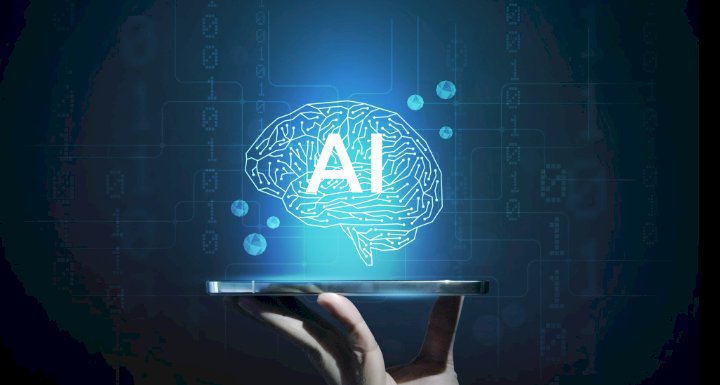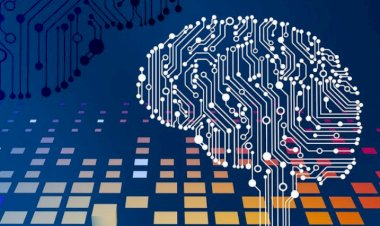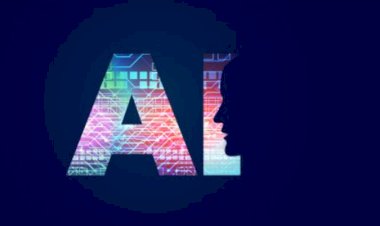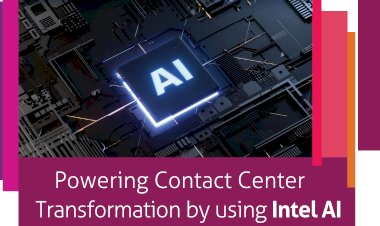Understanding AI’s impact on the workforce

Economic opportunities
The TBI report estimates that AI, when fully adopted by UK firms, could significantly increase productivity. It suggests that AI could save “almost a quarter of private-sector workforce time,” equivalent to the annual output of 6 million workers.
Most of these time savings are expected to stem from AI-enabled software performing cognitive tasks such as data analysis and routine administrative operations.
The report identifies sectors reliant on routine cognitive tasks, such as banking and finance, as those with significant exposure to AI. However, sectors like skilled trades or construction – which involve complex manual tasks – are likely to see less direct impact.
While AI can result in initial job losses, it also has the potential to create new demand by fostering economic growth and new industries.
The report expects these job losses can be balanced by new job creation. Over the years, technology has historically spurred new employment opportunities, as innovation leads to the development of new products and services.
Shaping future generations
AI’s potential extends into education, where it could assist both teachers and students.
The report suggests that AI could help “raise educational attainment by around six percent” on average. By personalising and supporting learning, AI has the potential to equalise access to opportunities and improve the quality of the workforce over time.
Health and wellbeing
Beyond education, AI offers potential benefits in healthcare, supporting a healthier workforce and reducing welfare costs.
The report highlights AI’s role in speeding medical research, enabling preventive healthcare, and helping those with disabilities re-enter the workforce.
Workplace transformation
The report acknowledges potential workplace challenges, such as increased monitoring and stress from AI tools. It stresses the importance of managing these technologies thoughtfully to “deliver a more engaging, inclusive and safe working environment.”
To mitigate potential disruption, the TBI outlines recommendations. These include upgrading labour-market infrastructure and utilising AI for job matching.
The report suggests creating an “Early Awareness and Opportunity System” to help workers understand the impact of AI on their jobs and provide advice on career paths.
Preparing for an AI-powered future
In light of the uncertainties surrounding AI’s impact on the workforce, the TBI urges policy changes to maximise benefits. Recommendations include incentivising AI adoption across industries, developing AI-pathfinder programmes, and creating challenge prizes to address public-sector labour shortages.
The report concludes that while AI presents risks, the potential gains are too significant to ignore.




















